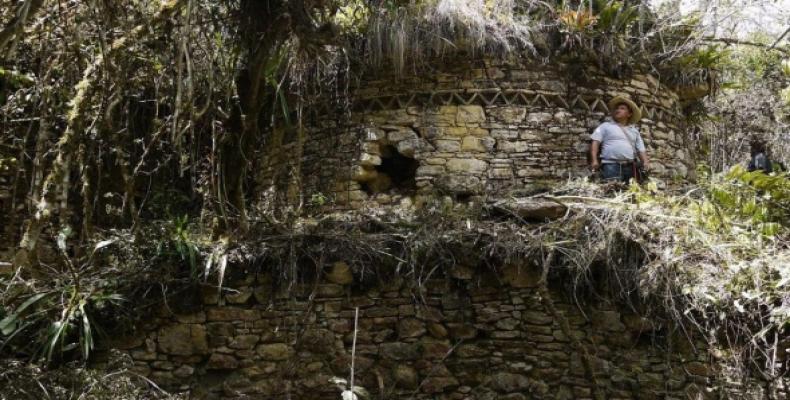Brasilia, July 19 (RHC-teleSUR) -- In a tersely-worded open letter, Brazil’s Department of Indigenous Affairs criticized a proposal by two U.S. anthropologists to initiate contact between South America’s most isolated tribes and the scientific community, the Guardian newspaper has reported.
The professors, the University of Missouri’s Robert Walker, and Arizona State University’s Kim Hill, argued in an article published last year in Science Magazine that the continuing isolation of the estimated 50 to 100 Brazilian tribes who’ve had little or no contact with the outside world is not viable in the long term,” and proposed that “controlled contact is the only possible strategy for protecting these people.”
In the published letter, 18 scientific experts with Brazil’s Department of Indigenous Affairs, known by the Portuguese acronym, FUNAI, said contact with the outside world carries far greater risk than does isolation. Lost Indigenous tribes are vulnerable to disease such as measles and flu, and history has shown that contact with outsiders often leads to loss of land and other resources and a loss of political autonomy. The Amazonian Kawahive tribe, for example, has lost nearly half its population over the past 30 years, the FUNAI scientists wrote.
Contact with outsiders often results in loss of land, population, and self-determination for Amazonian tribes. In a tersely-worded open letter, Brazil’s Department of Indigenous Affairs criticized a proposal by two U.S. anthropologists to initiate contact between South America’s most isolated tribes and the scientific community, the Guardian newspaper has reported.


